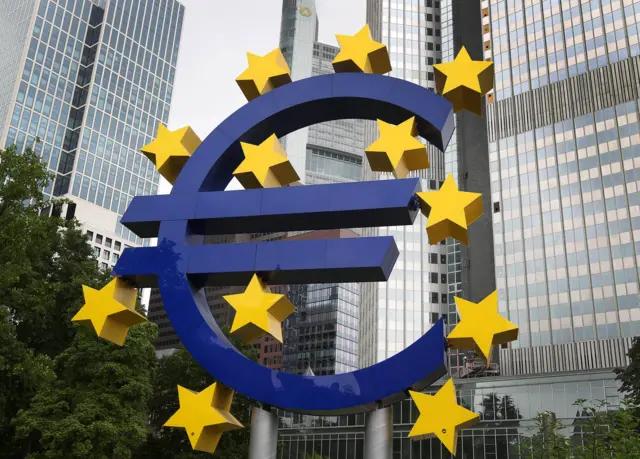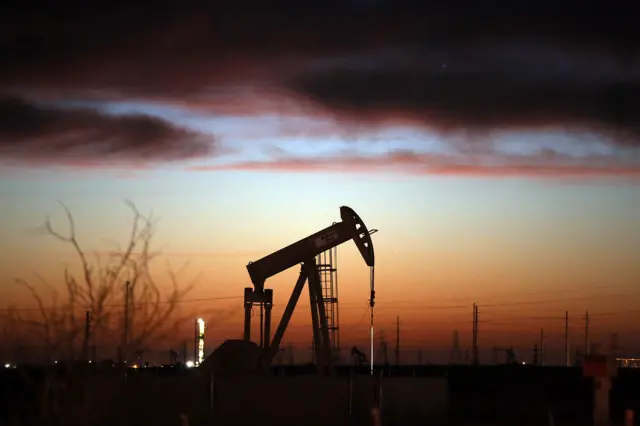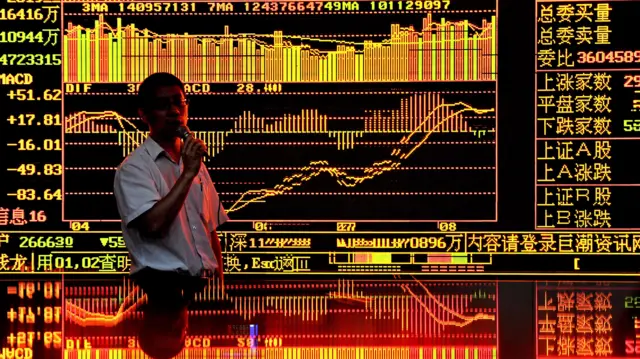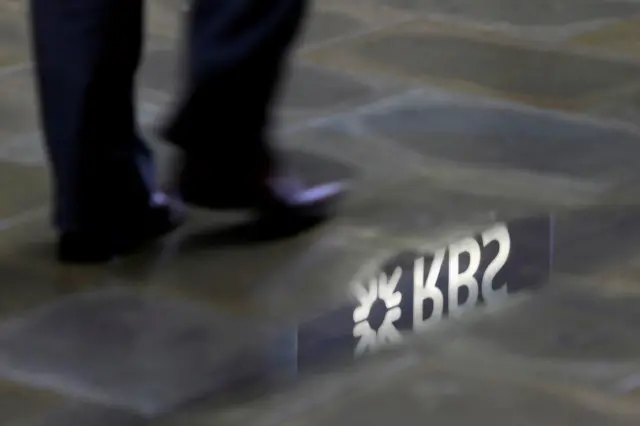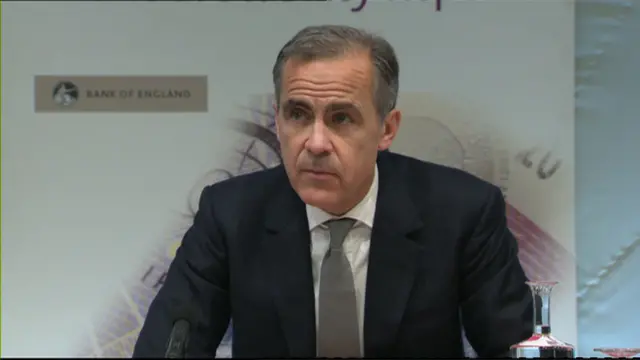Rip it uppublished at 10:35
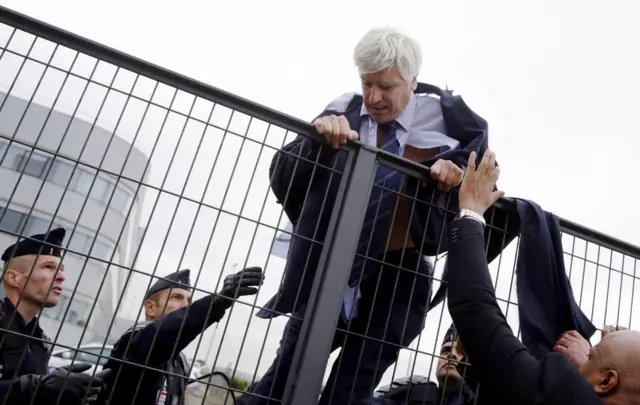 Image source, Getty Images
Image source, Getty ImagesThree former Air France employees on trial for ripping company executives' shirts during a dispute over layoffs have been found guilty and given suspended prison sentences of three to four months.
The October 2015 incident left one executive shirtless and another with his shirt and jacket in tatters.
Two other workers who faced the same charges of "organised violence" were acquitted.
Ten other former and current Air France employees were fined €500 for damaging company property after they broke down a gate during the protest.

